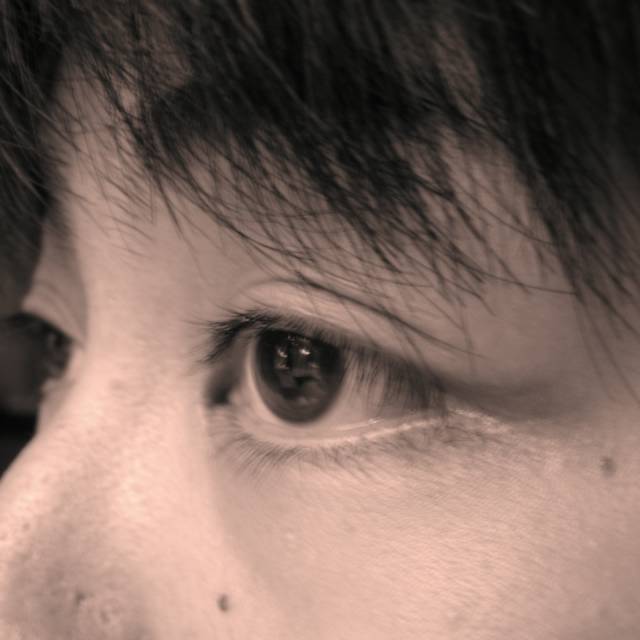Symptoms of "Symptoms of Literature (Bungaku no Choko)" by Tamaki Saito 書評:斎藤環『文学の徴候』
This is an English version of a review I posted on Amazon.co.jp (not .com, mind you!).
Starved of Japanese novels and essays, I couldn't help checking out the Kinokuniya Japanese bookstore when I was in San Francisco. Located in a large mall of Japan-related stores called Japan Town, the bookstore was surprisingly large and boasted a decent selection of recent and classic titles. I was jealous--the Asahiya Japanese bookstore we have in Chicago is okay, but fades in the light of Kinokuniya, which is understandable, considering the scarce Japanese population here in Chicago. Anyway, I walked along the shelves after shelves of books, almost drooling, and jotted down some of the titles that caught my attention (so that I can ask my father to bring back some when he takes a business trip to Japan). One of the titles was "Symptoms of Literature." Written by a psychiatrist who specializes in the treatment of social withdrawal (psychological disorder related to the difficulty with human relationship, found mostly among young Japanese male, which makes the patients impossible to leave the confinement of their own house/room), it seems to be an interesting analysis and critique of Japanese society through the channel of contemporary literature. Some of the authors mentioned in the book were my current favorite. My expectation soared.
When my father did go back to and came back from Japan, I naturally chose the book from the pile. A few chapters into the book, however, my expectation turned into burning frustration and bitter dissapointment. The most apparent symptom of the book is the arrogance of Tamaki Saito, the author, resulting in his laziness. The astronomical number of allusions to psychology, philosophy, criticism, and subculture (including criticism on subculture) were nothing more than confusing without Saito's effort to explain them, nor at least incorporating them into the context of his argument. Such arrogant dismissals as "I won't explain this here" and "I won't waste time pointing out its examples. So, only if you know what I'm talking about, read on" must have turned off most of the readers (well, I was). The fact that the essays were originally written for a literary magazine, whose readers can be expected to know a little more than the general public, does not excuse this extreme laziness on the Saito's part (and probably on the editor's part, as well). Not many people know as much as he does, and a good critic can educate the ignorant mass through his criticism, while engaging in a complicated manipulation of philosophical ideas.
The essays also suffer from the huge canon of themes disproportionate to their relatively short length. Saito attempts to show that the pathology of a given society is funneled into its literature through a device called author. In his argument, even when the author himself isn't psychologically ill, the psychological distortion and suffering of the society can materialize through the author in his works. The interaction of the society, the author, and the literary works is intrigueing. Yet, there is simply not enough room to fully explore the implications of Saito's view. (The frequent omissions of explanation mentioned above is also a result of this problem.) The limitation of the length of the essays also seems to have placed a cap on the thoroughness of the author's thought. Sometimes attacking his opponents' argument (without letting readers know exactly what was the point of controversy), other times wasting his ink and paper on some sidenotes, he never fully construct and explicate his thoughts. Enticing overview lacking in depth and elaboration is all that this book offers.
Readers are demanding. They are ignorant. They think they deserve a free, quick, concise summary of terms and ideas necessary to understand the whole essay. And they are, to some extent, entitled to it. Any author who fails to reach out for his readers, ignorant yet eager to know, is not a great author. And in this sense, Saito has a long way to go.



0 Comments:
Post a Comment
<< Home